Core inflation rose again, to its highest rate in over 30 years.
It keeps the pressure on for rate hikes, which may spook the market, and spell more bad news for remortgagers.
Meanwhile, the essentials continued to get more expensive at an alarming rate, so that even those without mortgage woes face increasingly difficult spending decisions.
We’re in the uniquely unfortunate position of having the same kind of wage hikes as the US, and the same kind of energy price rises as Europe – so we’re enduring the worst of both worlds, and facing higher and stickier inflation than elsewhere.
It means that even as some of the most alarming price rises ease off for things like food and energy, we’re stuck with core inflation that’s on the march.
For those of us wrestling with higher prices, there is some hope on the horizon.
Lower energy costs will eventually feed into prices across the board, and we should see the pain at the supermarket subside a little in the coming months.
However, in an awful lot of cases this isn’t going to bring prices down, they’ll just get more expensive more slowly.
It means the pressure on our household finances isn’t going anywhere in a hurry.
What it means for mortgages
For anyone with a variable mortgage, the likelihood of another rate rise tomorrow means yet more pain.
Plenty of those who moved onto a variable deal when their fixed rate expired had expected rates to have started to ease by now, so there’s a growing risk of rises that people hadn’t expected and cannot afford.
For anyone looking for a fixed rate, the picture is even bleaker.
It has already been a torrid few weeks, as mortgage rates have shot up.
The market is pricing in several hikes over the coming months.
Just ahead of the announcement, it was expecting rates to peak at 5.81% in February, and only start to fall gradually from there.
This has pushed the average two-year fixed rate mortgage over 6%.
Higher core inflation is likely to reinforce the market’s conviction that rates will need to go significantly higher, and could power even higher rate expectations further down the line.
Even the concern that rates could rise would bring more mortgage misery for anyone looking for a new deal or facing a remortgage.
What it means for savers
Rising rate expectations have been hell for borrowers, but a boom time for savers.
We have seen an awful lot of this priced in, with the most competitive rates on easy access accounts over 4%, and fixed rates over 5%. Today’s news means we may see rates inch up again as the market prices in higher rates for longer.
The yield curve is still flat, so you actually get less for locking your money away for five years than you do for one.
It may be tempting to think you may as well fix for one year, because you get a very similar rate and you’ll have the money closer to hand.
However, if the forecasts are right, savings rates could be lower by the time we get 12 months down the line, so you could find a five-year fix looks decidedly less attractive at that point.
Don’t get too focused on rate predictions.
The right fixed period for you will be dictated by when you’re going to need the money, but if you don’t need it for five years, it’s worth considering taking advantage of five-year-rates.
At a time of rising rates, if you’re considering switching, it’s always tempting to wait and see what happens just in case there’s a better deal tomorrow.
However, we may be nearing the peak of rate expectations, so it makes sense to at least consider locking in the rate rises while you can.
Energy savings will have to wait
We know wholesale energy prices are falling, but unfortunately this won’t actually make a different to our bills until July, when the price cap finally falls below the energy price guarantee.
Even then, the difference will only be fractional.
We’ll need to wait another few months before we’re expecting another fall.
Meanwhile, bills remain sky-high, with the guarantee still at £2,500, so while annual price rises have eased significantly, gas is still up 36.2% and electricity up 17.3% in a year.
Petrol prices fall for a seventh month
Petrol prices have backed off even more, as the threat of global recession has meant less demand for oil.
It’s not quite time for a fiesta on the forecourts, because prices are still significantly ahead of where they spent most of the previous decade.
However, petrol is down 13% in a year and diesel is down 14%, and prices continued to fall into June, so the next set of figures should bring good news too.
Grocery inflation eases – but prices still rise
Food price inflation has fallen very slightly from 19% to 18.3%, but this is still the kind of level that causes agony at the tills, and we’re still seeing some rises of more than 30% in a year – including olive oil, sugar, cheese and frozen vegetables.
There is hope for the future, because falls in wholesale prices will slowly filter through into cuts on the shelves.
However, costs have risen so far and so fast that we’re not going to see prices drop back to the level we were used to. In many cases we won’t actually see them fall at all: they’ll just get more expensive at a slower rate.
It means the price of food is likely to remain the key concern – especially for those on lower incomes who are already spending proportionally more of their income on the essentials, despite cutting back and trading down to the bare minimum.
Services inflation soars
The all-services index was up 7.4% – a rise from 6.9% the previous month, and its highest rate since 1992.
Rising prices for recreation and culture offset some of the falls elsewhere.
Some of this is short-term hikes in volatile prices – for things like computer games and live music events.
However, package holidays also saw big price increases. Our determination to travel – no matter what – means we’re paying through the nose for a fortnight in the sun.
The question is whether we’re paying for it now, or building up expensive debts that will drag us lower later.




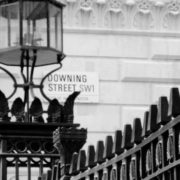
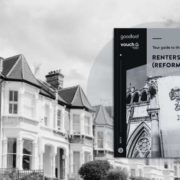




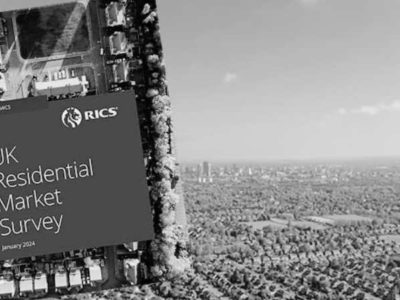


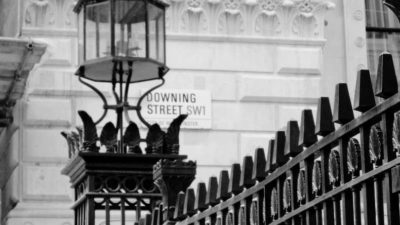
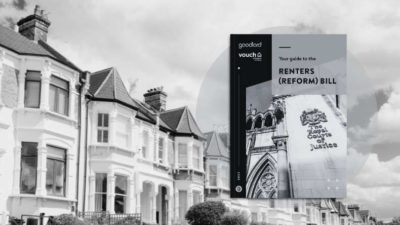






Comments